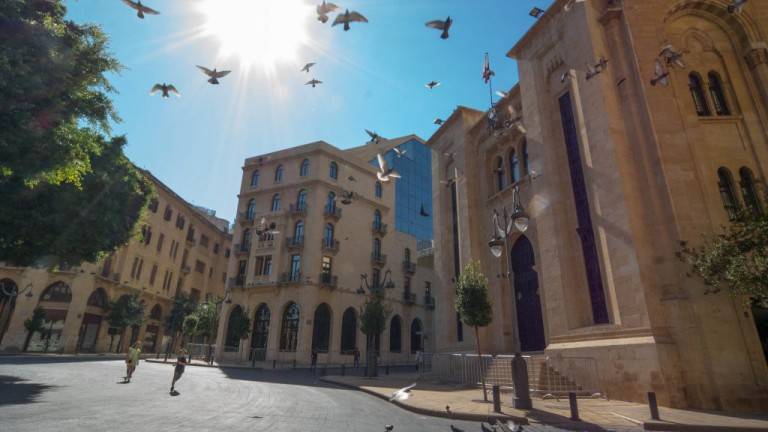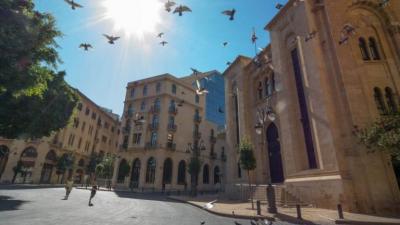"Lebanon is a small country; merely injecting some funds into it can achieve rapid economic recovery," said former Minister of Economy and Trade, Mohammad Choukeir, who, through "Al-Markaziyah," calls for "learning from the results of the parliamentary elections and for the obstructive political team to heed the lessons and be responsible regarding the necessary laws and reform projects for the country." He believes that "it is good to execute the electoral entitlement, which was of interest to external parties, to demonstrate Lebanon's seriousness and responsibility towards its constitutional obligations," congratulating the Prime Minister and the Minister of Interior for their successful completion of this task.
He states: "The country cannot be managed without consensus; all parties are obliged to set aside their differences and sit down together to address financial, social, and economic issues... If the path of obstruction continues, everyone will surely lose. As we have noticed, people have started to play the role of accountability and responsibility." Choukeir points out that "immediate financial and economic obligations await the new parliament and the upcoming government, the first of which is the approval of the laws that the International Monetary Fund has stipulated to receive the needed funds. Notably, Lebanon will not return to a path of recovery without signing the final agreement with the IMF. Before this agreement, it is required to pass the public budget, the Capital Control Law, the banking secrecy law, and then apply reforms in phases, which will be reviewed and scrutinized every three months to channel promised funds to Lebanon... If the state falls short in reforms, there will be no international aid, and the international community will not stand by Lebanon at all... This matter is extremely serious."
Regarding depositors' funds, Choukeir reminds that "the economic bodies had previously expressed their objections to the economic recovery plan prepared by the government," revealing an "alternative plan" that the bodies have been working on for over a month, stating, "We will soon present it to the new parliament and the new government, if formed, and then to the international community and the IMF; this plan will safeguard everyone's rights." He calls for "ceasing the bidding that comes from here and there on this issue before and after the elections and maintaining electoral silence until the 2026 elections."
He points out that "the state is not poor; it possesses sufficient institutions and properties and has its signatures... If it engages in a limited number of sea reclamation projects, similar to the Marina and Beirut Waterfront, it could yield profits reaching $15 to $20 billion." He confirms, "We do not want to sell state institutions and properties at all; what we ask for is the establishment of a sovereign fund where the private sector manages these institutions. This would multiply state revenues, enabling it to compensate depositors' funds."
Regarding the depletion of foreign currency reserves at the Central Bank affecting support for many economic sectors and lending to them, Choukeir reveals that some bank owners say, "If laws protecting Fresh Money are approved, we are ready to secure loans for the private sector, and we have the funds for that, between $1 billion and $2.5 billion."
While emphasizing that "Lebanon is a small country; merely injecting some funds can achieve rapid recovery," he stresses:
- Investing $2 to $3 billion in limited sea reclamation projects would invigorate the economy.
- Stopping the bidding in the investigations of the Beirut Port explosion since there is $1 billion and $1.3 billion if paid by insurance companies, which is sufficient to reconstruct Beirut.
- Approving a new customs law that did not pass when I was the Minister in the government because it takes a little of the powers of the Director General of Customs. This law generates additional customs revenues equivalent to $1.2 billion to $1.5 billion. Assuming it boosts the treasury today by half this amount, we would achieve between $600 and $700 million.




